 Authors have retracted a study just three months after publishing it, upon realizing they made “several critical errors.”
Authors have retracted a study just three months after publishing it, upon realizing they made “several critical errors.”
For one, the authors didn’t actually collect the data they claim to in the title of the paper, which reported on methods to screen patients for recurrence of lung cancer. The authors included data from positron emission tomography/computed tomography (PET/CT), collected from 2003 to 2007 — but their institution didn’t have a PET/CT scanner until 2009. Instead, the authors had mistakenly reported the results of PET scans alone, which may not find tumors as effectively as PET/CT.
Here’s the retraction notice in Medicine, which explains the nature of the error in more detail. (Note: One of the authors supplied some missing text, in brackets.)
Continue reading Paper reports data from PET/CT scan, years before it arrived
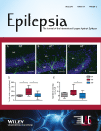

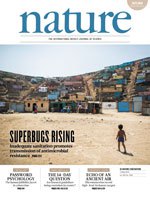 If you need evidence of the value of transparency in science, check out a pair of recent corrections in the structural biology literature.
If you need evidence of the value of transparency in science, check out a pair of recent corrections in the structural biology literature.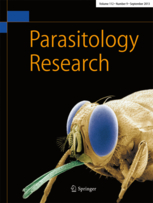

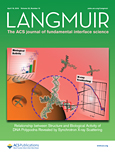
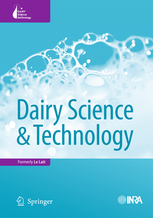
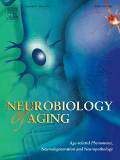 Four different journals have pulled papers from the same authors due to alleged duplication or manipulation of images.
Four different journals have pulled papers from the same authors due to alleged duplication or manipulation of images.